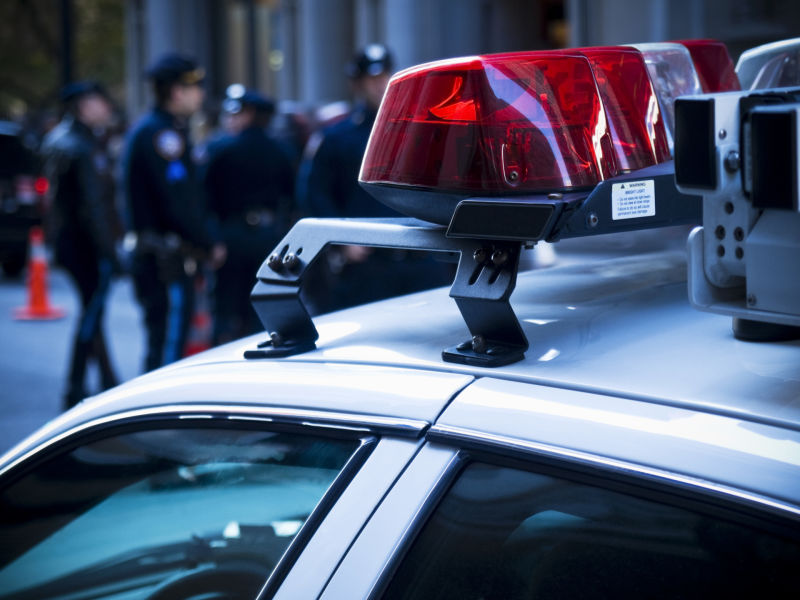“This is not 'anti-Night Out,' " he said, adding the center's event will be a bit earlier in the evening.
They want people to gather there, and then return to their own blocks and their own neighborhoods to continue the conversation.
“It’s not about watching your neighbors," he said. "It’s about seeing them. Public safety is more than community members being told they are the eyes and ears of police. We know that people have hearts, hands and minds -- and we need all of that.”
What's also needed, Norris said, includes a wealth of services and community engagement, mentoring for those coming out of prisons, living wage jobs for young people, and investment in public schools.
Sobrante Park Event
Deep East Oakland’s Sobrante Park is a neighborhood historically beset by crime and violence. But that, says community leader Cynthia Aaronson, is changing. She’s gearing up for their celebration of National Night Out.
The celebration had fallen off a bit until about five years ago. Aaronson says that for her a safe community is an involved community, and that includes solid relationships with the police. She said that one big problem in Sobrante Park in the past has been a lack of timely police response. But she doesn’t blame the police for that.
“They have a passion for this community, 'cause they know we’re trying, we're trying. And we're a cul-de-sac, so we're pretty much a forgotten area,” she said. “I say underserved, and I mean underserved. But I don’t put the blame on everybody else, I put the blame on this community.”
She said as the community steps up, so do city agencies, including the police. Sobrante Park doesn’t have a neighborhood watch, but it does have block captains, who report to the neighborhood’s Resident Action Committee.
Aaronson said that a committed group of community members is working together to make the neighborhood safer. For Aaronson, the real goal of National Night Out is to create a safe space for neighborhood children, since parents are too often leery of letting them outside to play. The neighborhood's major park, Tyrone Carney Park, was closed down 13 years ago after a series of murders. It remains shuttered to this day.
But Aaronson said she doesn’t want to target her neighbors, or the young men in the neighborhood. For some of them, she said, especially those who stand on street corners selling drugs, it is about changing behavior.
“We don’t want racial profiling in this community," she said. "But we want to be able to identify where their issues are, where they come from, what do you need to do to help them.”
Aaronson said that will take a united effort from police and neighbors.
“We know that some of these guys are not gonna want to get a $12-an-hour job, not when they can make $500 in a day doing nothing. So a safer community, it has to be a healthy community.” And part of that, she adds, is bringing neighbors together on National Night Out.
Zachary Norris, who is organizing the Night Out for Safety and Liberation, agrees that healthy communities are key. For him, that is all about expanding the definition of safety.
“I live here in East Oakland,” Norris said. “I could subscribe to neighborhood watch, where I could get all of the information flooded into my email about a suspicious person here on this street or that street, and I could start looking at my neighbors differently as a result of that.
”But," he said “I don’t think it would make us one iota safer in this neighborhood.”
Join in the Twitter conversation about what makes a safe community by using the hashtag #SafetyIs
The Night out for Safety and Liberation will take place Aug. 4 at the Lake Merritt Ampitheater. National Night Out events are planned for Aug. 4 across Oakland. To see where the event closest to you is, you can check here.
